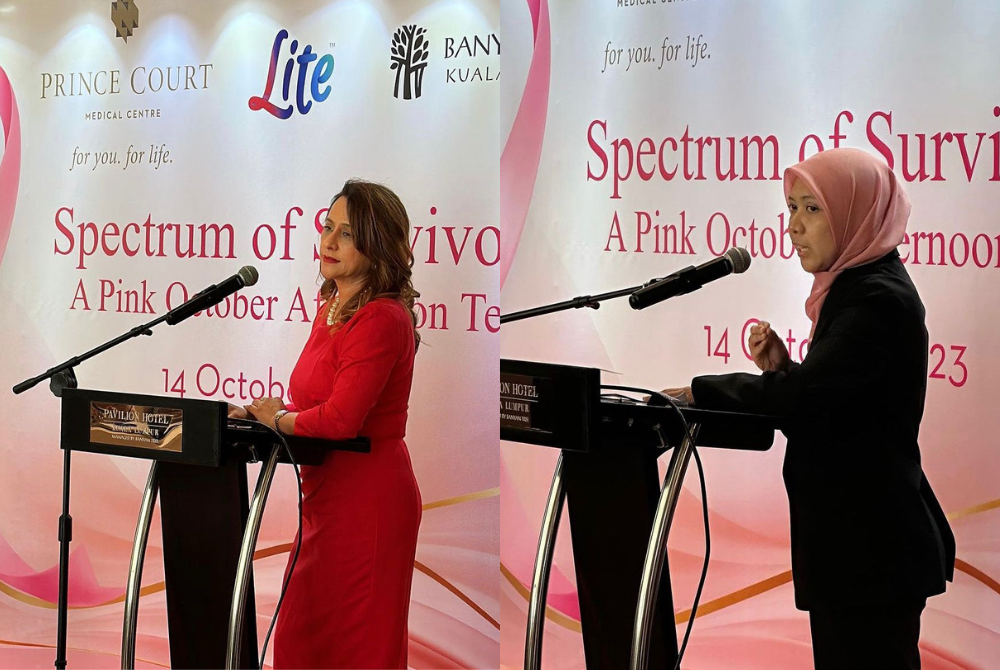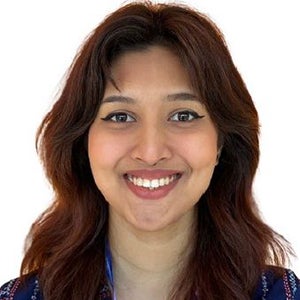In battling breast cancer, young women confront financial, mental and physical tolls too

KUALA LUMPUR - Young women facing breast cancer confront not only physical challenges but also mental and financial burdens.
This was the unfortunate insight shared by experts from Prince Court Medical Centre at the ‘Spectrum of Survivors: A Pink October Afternoon Tea" event held at a hotel, here, yesterday.
Endocrine surgeon Dr Harjit Kaur Perdamen pointed out that the treatment of breast cancer can be especially traumatic for young women, as they often grapple with the news of losing one of their breasts.
"Some surgeons offer breast conservation to minimize the impact, while others consider mastectomy.
“It's crucial to choose the approach that best suits the patient and to explore reconstruction using tissue and muscles from other body parts," explained Harjit.
For young patients, fertility has always been a significant concern, particularly in the context of marriage and parenthood, she added.
The challenges are compounded for those with young children.
While spouses or partners can serve as a vital support system, it's essential to evaluate their resilience. Abandonment or an unhealthy environment can be detrimental, Dr Harjit explained.
"This situation can also have a significant impact on mental well-being, underscoring the importance of a strong support system.
“It's worth noting that chemotherapy can harm the ovaries or lead to temporary menopause.
“Therefore, investing in comprehensive health insurance is crucial due to the high costs associated with treatments."
On a similar note, radiologist Dr Farah Nun Zulkilpully explained that cancer develops when genes mutate and regenerate abnormally.
Dr Farah Nun remarked that it can be either genetic, result from exposure to harmful chemicals, or occur naturally, with our body's nutrients feeding the tumour.
"In Malaysia, the breast cancer rate is 19 per cent, affecting 1 in 30 Malaysian women. In the US, the rate is 1 in 8, and even men face a 1 in 1000 risk.
“Breast cancer is the most prevalent cancer type in Malaysia, followed by lung cancer. A family history of these cancers raises the risk," Dr Farah noted.
Lifestyle factors, such as diet and exercise, also play a role in breast cancer risk.
Prolonged use of hormonal pills, she continued, or oestrogen therapy increases the risk, and not having children or breastfeeding can elevate it further.
"It's essential to undergo yearly screening and perform monthly breast self-checks individually or under medical supervision after the age of 20, as early detection is critical.
“Consider mammograms for breast cancer detection. Breast fillers and implants can also contribute to risk, especially breast fillers.
“However, changes like alterations in skin colour, sunken nipples, and breast asymmetry are not necessarily abnormal,” cautioned Dr Farah Nun.











